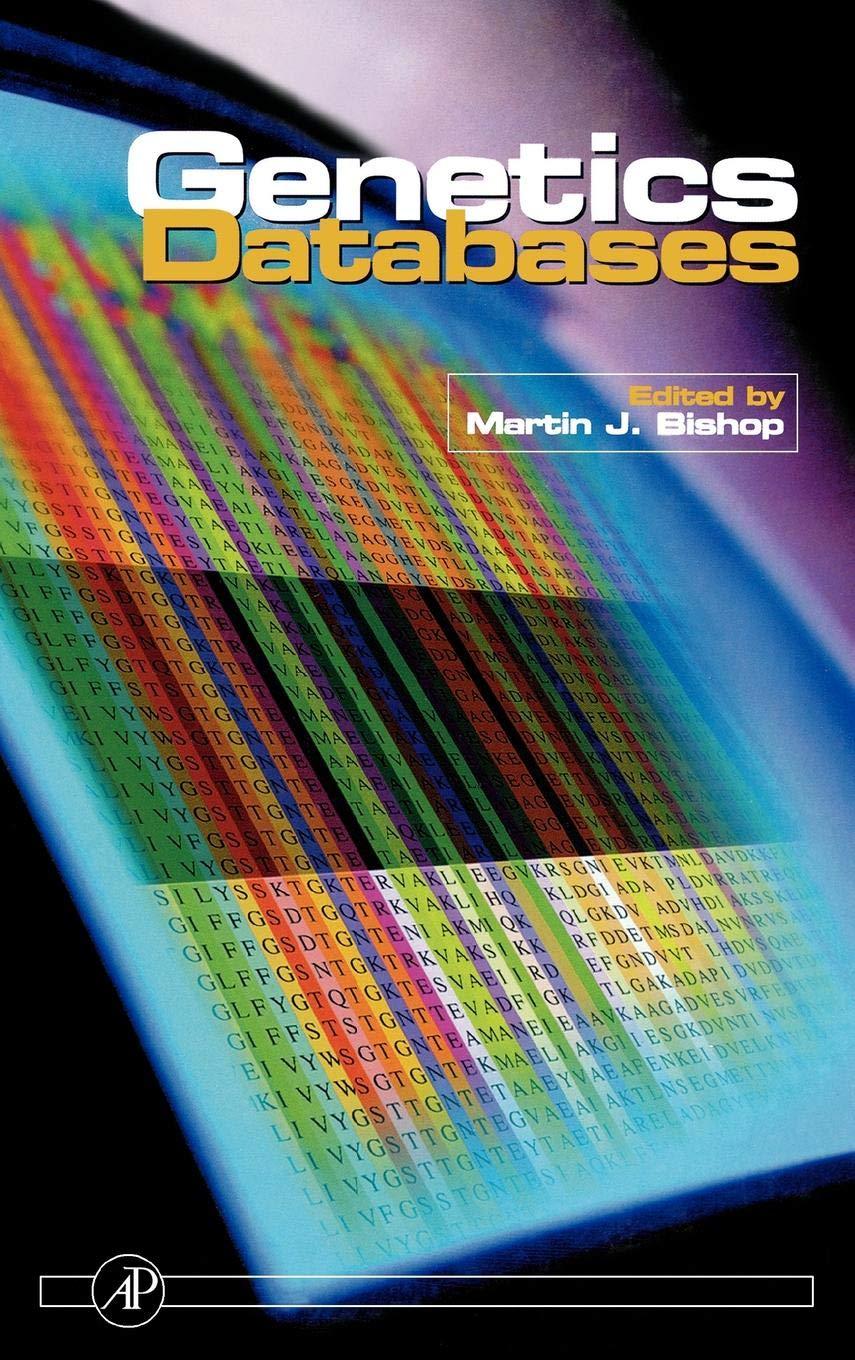Question
Modern cars have sophisticated on-board computers that continuously monitor the state of the engine. When the computer detects a problem, it turns on the check
Modern cars have sophisticated on-board computers that continuously monitor the state of the engine. When the computer detects a problem, it turns on the check engine warning light on the cars dashboard and stores a problem code in its memory, which a technician can then read with a proper scanner. For a number of reasons, the detectors used by the computer are not 100% accurate. This causes the check engine light at times to be on when there is no problem at all with the engine, or to be off when there is a problem with the engine.
Suppose your cars check engine light is on, you take it to the mechanic and he tells you that the computer is reporting a crack in the engine. He also tells you that the accuracy of such a report on that car model is 99% and the only way to fix the problem is to replace the whole engine. On the other hand, only one over 10,000 cars of that model ever experience an engine crack.
What would you do based on this information? Would you replace the engine (and spend a lot of money on it), or would you decide that the warning is a fluke and do nothing (and risk an accident later on)? Base your decision on the probability that the engine is actually cracked, given what you know. Justify your answer.
Step by Step Solution
There are 3 Steps involved in it
Step: 1

Get Instant Access to Expert-Tailored Solutions
See step-by-step solutions with expert insights and AI powered tools for academic success
Step: 2

Step: 3

Ace Your Homework with AI
Get the answers you need in no time with our AI-driven, step-by-step assistance
Get Started


